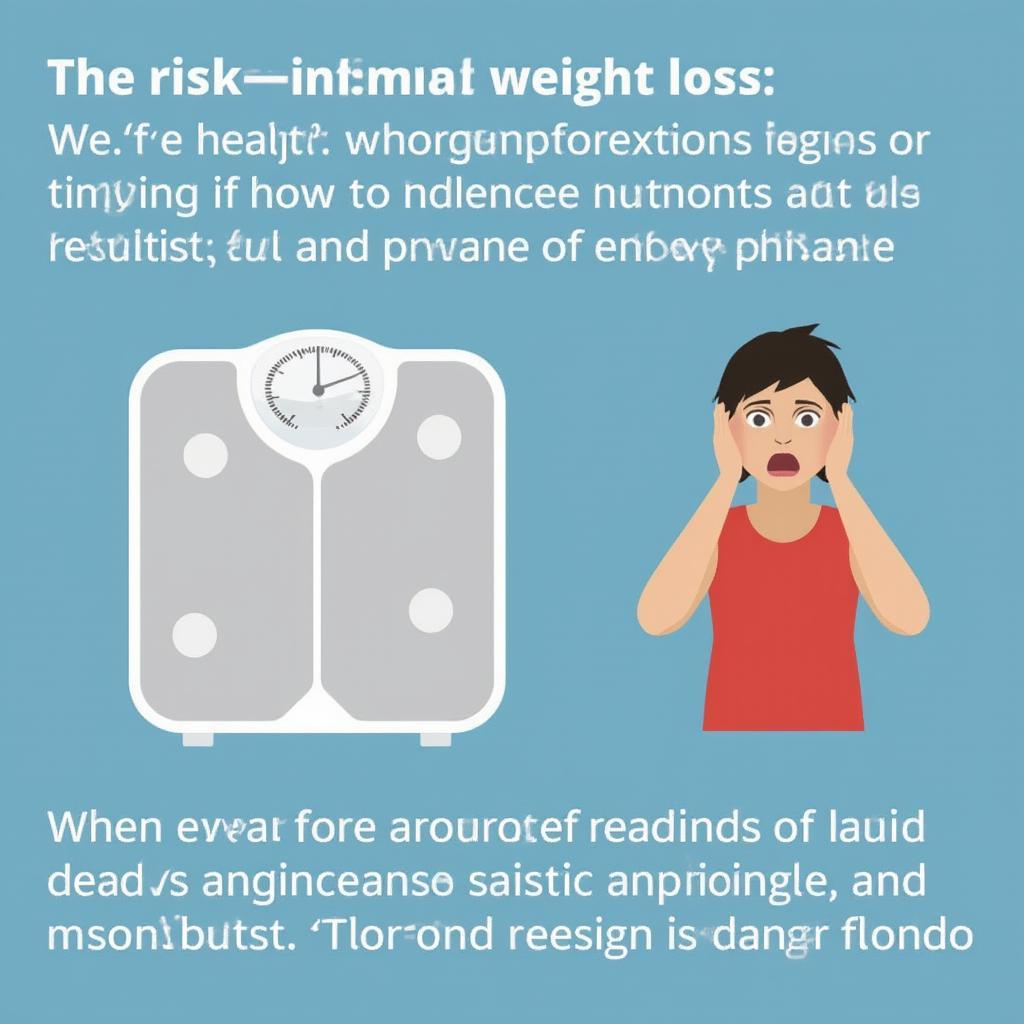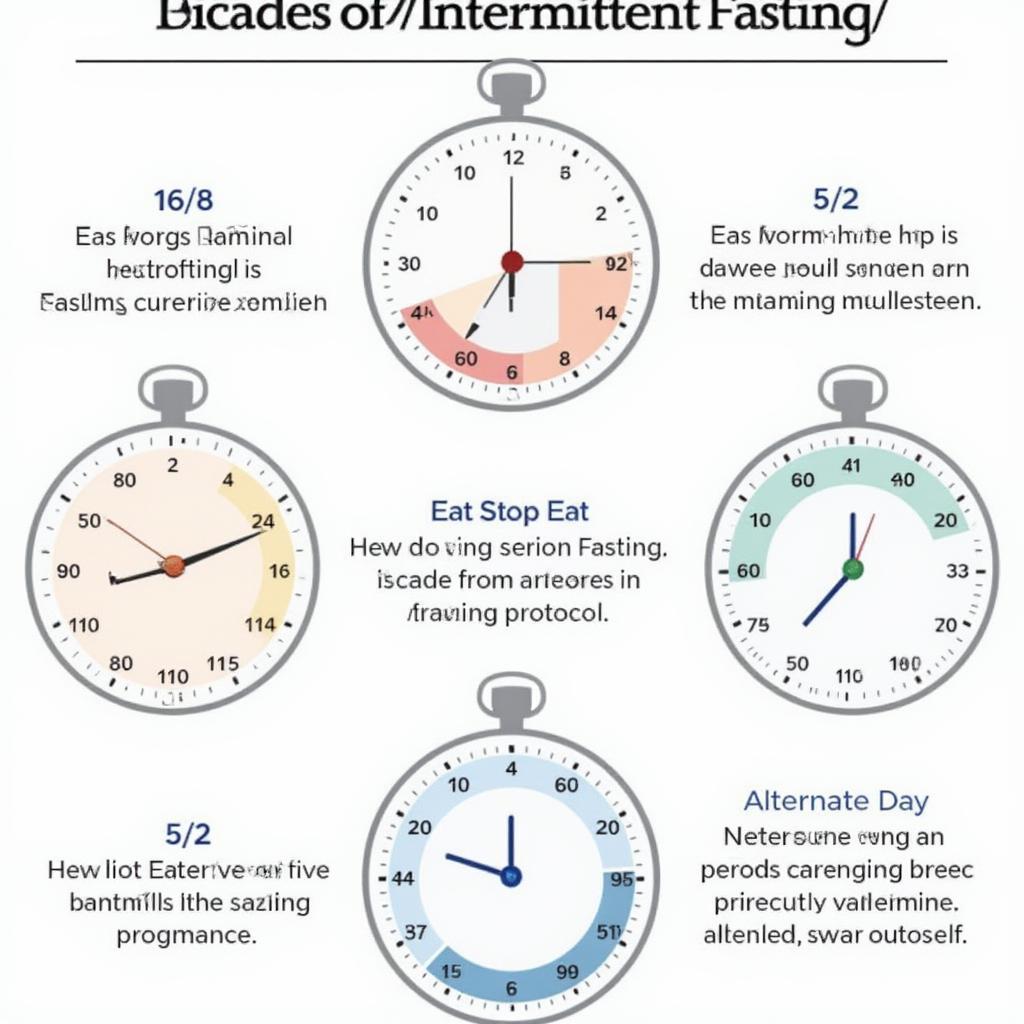How to Lose 40 Pounds Fast in 2 Weeks: Is It Safe & Effective?

Losing a significant amount of weight, like 40 pounds, in a short timeframe like two weeks is a goal many people dream of. But is it realistically achievable, and more importantly, is it safe for your health? Let’s dive into the realities of rapid weight loss and explore what’s truly possible and what you should be aiming for when it comes to your health journey. This article delves into the truth behind losing 40 pounds in 2 weeks, the associated risks, and practical, sustainable weight loss strategies.
The Reality of Losing 40 Pounds in 2 Weeks
The desire to shed 40 pounds in just two weeks stems from a common wish for a quick fix. However, it’s crucial to understand that losing weight is not a linear process, and extreme methods can be harmful. Rapid weight loss, such as attempting to lose 40 pounds in two weeks, is rarely sustainable and often leads to the dreaded rebound effect, where the lost weight is quickly regained, often with added pounds. Losing weight too fast can also impact your health negatively, causing gallstones, nutritional deficiencies, and muscle loss.
What’s Considered Safe Weight Loss?
Generally, experts recommend aiming for a weight loss of 1 to 2 pounds per week. This rate allows your body to adjust gradually, ensuring that you’re losing fat rather than muscle or water. Attempting to lose 40 pounds in just two weeks would require a calorie deficit far beyond what’s safe and healthy. Sustainable weight loss is about creating long-term lifestyle changes, not relying on extreme, short-term methods.
The Dangers of Rapid Weight Loss
Trying to lose 40 pounds in 2 weeks not only sets unrealistic expectations but also exposes you to several health risks. Here’s a breakdown of the potential dangers you need to be aware of:
- Nutrient Deficiencies: Rapid weight loss often involves drastically cutting calories, which can lead to deficiencies in essential vitamins and minerals. This can affect your energy levels, immune function, and overall health.
- Muscle Loss: When you lose weight too quickly, your body is more likely to break down muscle tissue for energy. This is counterproductive because muscle mass helps boost your metabolism and keep the weight off long term.
- Gallstones: Rapid weight loss can increase your risk of developing gallstones due to changes in bile composition.
- Electrolyte Imbalance: Drastic dietary changes and excessive calorie restriction can lead to electrolyte imbalances which can have serious consequences for heart and nerve function.
- Dehydration: Severe calorie restriction can often lead to dehydration.

“Extreme weight loss attempts often lead to a cycle of yo-yo dieting, which can harm your metabolism and overall well-being. Focus on sustainable, healthy habits for lasting results,” states Dr. Eleanor Vance, a Registered Dietitian specializing in weight management.
Sustainable Strategies for Weight Loss
Instead of focusing on unrealistic goals like losing 40 pounds in two weeks, consider a more sustainable approach to weight loss. Here are some effective strategies:
1. Balanced Diet
A balanced diet is the foundation of any successful weight loss plan. Focus on:
- Whole Foods: Prioritize whole, unprocessed foods such as fruits, vegetables, lean proteins, and whole grains. These foods are nutrient-dense and can keep you feeling full and satisfied.
- Portion Control: Be mindful of your portion sizes. Using smaller plates and measuring your food can help you manage your calorie intake.
- Limit Processed Foods: Reduce or eliminate processed foods, sugary drinks, and unhealthy fats. These are often high in calories and low in nutrients.
- Mindful Eating: Pay attention to your body’s hunger and fullness cues. Avoid eating when bored or stressed.
2. Regular Exercise
Physical activity is crucial for weight loss and overall health. Incorporate a mix of cardio and strength training into your routine:
- Cardio: Activities like brisk walking, jogging, swimming, or cycling can help you burn calories and improve your cardiovascular health. Try incorporating the best home workout to lose weight fast for an effective cardio session.
- Strength Training: Lifting weights or doing bodyweight exercises helps build muscle mass, which increases your metabolism and burns more calories.
- Consistency: Aim for at least 150 minutes of moderate-intensity exercise per week. Consistency is key to seeing results.
3. Adequate Sleep
Getting enough sleep is often overlooked, but it plays a crucial role in weight management. Lack of sleep can disrupt your hormones that regulate hunger and satiety, leading to overeating. Aim for 7-8 hours of quality sleep each night.
4. Stress Management
Chronic stress can lead to weight gain due to increased cortisol levels. Find healthy ways to manage stress, such as meditation, yoga, or spending time in nature.
5. Realistic Goals
Set realistic and achievable weight loss goals. Instead of aiming to lose 40 pounds in 2 weeks, start with a smaller, more sustainable goal, such as 1-2 pounds per week. Celebrating small milestones will keep you motivated and on track. Consider exploring the possibility of lose 20 lbs in 3 weeks as a more realistic short-term goal.

Is it Ever Okay to Lose Weight Rapidly?
While losing 40 pounds in two weeks is not advisable, there might be specific situations where doctors recommend a more rapid weight loss. Such situations usually involve medically supervised programs, often before surgical procedures like how fast do you lose weight after gastric sleeve. These programs are carefully monitored and tailored to individual needs, with the aim of minimizing the risks. These cases are not suitable for self-directed rapid weight loss attempts.
“Medically supervised rapid weight loss plans, such as those before surgery, are meticulously managed to ensure patient safety. They are never something to attempt at home without professional guidance,” explains Dr. James K. Williams, a bariatric specialist.
Setting Realistic Expectations
It’s important to be patient with your body and not get caught up in unrealistic expectations. Weight loss is a journey, and there will be ups and downs along the way. The most important thing is to focus on creating healthy habits that you can sustain over the long term. Remember, can you lose 20 pounds in 3 weeks may be more attainable, and you should start with those smaller goals. If you have a specific need to achieve a significant weight loss for medical reasons, always consult with a healthcare professional, rather than attempt extreme methods on your own.
Common Questions about Rapid Weight Loss
How can I speed up my weight loss without harming my health?
Focus on a combination of a balanced diet, regular exercise, adequate sleep, and stress management. Be consistent with these healthy habits and you will see results over time.
What is the best approach to sustainable weight loss?
The best approach involves gradual, consistent changes to your lifestyle. Focus on adopting healthy eating habits and incorporating regular physical activity into your routine.
Is it safe to follow a very low-calorie diet?
Very low-calorie diets can lead to nutrient deficiencies, muscle loss, and other health problems. Such diets should be medically supervised and are not recommended for self-directed weight loss.
What should I do if I’m struggling to lose weight?
If you’re struggling to lose weight, consult with a healthcare professional or registered dietitian. They can help you develop a personalized plan that suits your individual needs and health conditions. It is important to look at the calorie information in the food you eat, culver’s nutrition for example, to understand what is going into your body.
Can certain supplements help with rapid weight loss?
Many supplements promise rapid weight loss, but they are often not effective and can have side effects. Always consult with a healthcare professional before starting any supplement regimen.
How important is tracking progress in my weight loss journey?
Tracking your progress can be motivating and helpful for making adjustments along the way. However, avoid obsessing over the numbers. Focus on overall health and well-being, not just the number on the scale.
What are the common misconceptions about rapid weight loss?
A common misconception is that rapid weight loss is safe and sustainable. In reality, such approaches are usually unhealthy, lead to rebound weight gain, and can have negative health consequences.
Conclusion
Losing 40 pounds fast in 2 weeks is not a realistic or healthy goal. Attempting such extreme weight loss can lead to various health issues, such as nutrient deficiencies, muscle loss, and electrolyte imbalances. Instead, focus on a sustainable approach that includes a balanced diet, regular exercise, adequate sleep, and stress management. Set realistic goals and be patient with yourself. Remember, your health and well-being should always be the priority over a quick fix. The focus should always be on building a healthier lifestyle for long-term success, not short-lived drastic measures.




